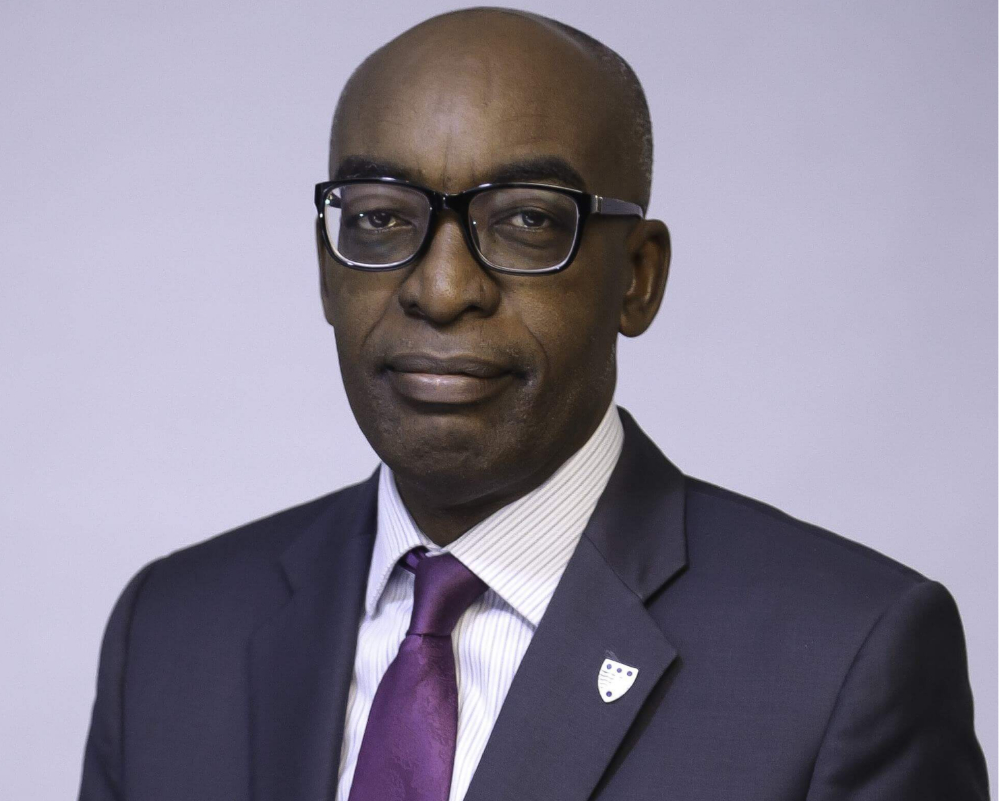Professor Wale Ajai, Head of Strategy at the Lagos Business School (LBS), has stated that for business owners to survive the current challenges confronting the Nigerian economy, they must adopt policies aligned with long-term strategic directions.
On Thursday, the professor stated this during a webinar on Nigeria’s 2023 political and business outlook hosted by the Lagos Business School Alumni Association.
Survival strategies
Ajai stated that, given Nigeria’s global and local economic challenges, business owners must protect and grow their wealth through viable investments.
He claims that this will allow them to stay afloat in the long run.
He said:
There is so much potential to tap in the economy but also so much turbulence in the reasons that we are all familiar with. So what I would expect businesses to do is to prosecute policies that will allow for long-term strategic direction and flexibility.
He urged businesses to embrace hedging as well, citing disruptions that he predicted would occur at least in the medium term.
This year certainly will be more of trying to settle down. So not much really may change, but what I usually do is say that as far as Nigeria is concerned, you have to make up your mind whether you are going to take a bet on Nigeria or you’re going to move away or you are just going to stay on the fringes, he said.
Political environment
Ajai further noted that despite all that is happening there are possibilities that if the right level of political environment could be archived, the future may be bright.
Now, what I mean is that I don’t expect that Nigeria is going to fall apart. So I would expect you to run your business with long time direction in view, and particularly have regard for and embrace the digital economy.
If you’re doing business that is not digitally compliant then I’m sorry for you because of course, digital technology helps you solve some of the issues apart from the problem of logistics.
Digital also means that you can operate not only in local environments but if you have the structures, you can operate in regional and global environments, he said.
On cashless policy
Professor Bongo Adi of the Lagos Business School’s Department of Economics also spoke during the webinar. He believes that if the CBN’s cashless policy is well implemented, it will help to reduce illicit fund flows.
I think it’s one of the things that the president and the CBN listed as the reason behind the currency redesign. So it’s just to curb illicit fund flows, this is long overdue for Nigeria because if you observe other economies, is actually not that flexible to move funds around.
Some countries have very strict capital movement restrictions; I know that till today some southeast Asian economies, South Korea, Japan limit the number of international money transfer agencies like Western Union and others.
And for individuals, there is a cap on the amount of money or funds that you can transfer or receive at any transaction point. So this is something that’s long overdue for the Nigerian economy, he said.
Adi noted that the policy will help change the illicit accumulation of wealth and also capital flight as well as money laundering.
Enforcement capacity
He added that the change will depend on the implementation and enforcement capacity of the institutions that the country has.
We have porous institutions and corrupt-minded individuals. Just as the CBN and the presidency, roll out the policy on the naira redesign and then roll out the new currencies and directed the deposit money banks to make funds available to people. However, we’ve seen what has happened to the point where the president is now beginning to apologize that they never anticipate what followed up.
So I think that’s the challenge that we have about all these policies, they have a good intention policies. But as long as you have the human factor with different views, that’s the problem, he said.


